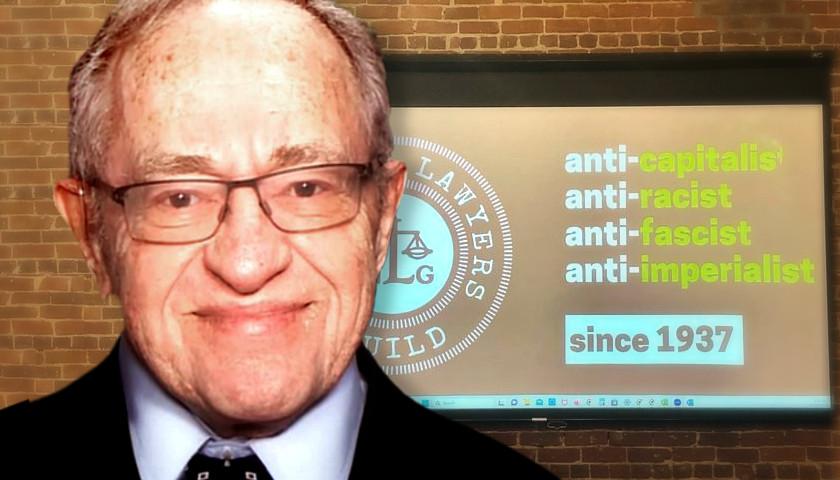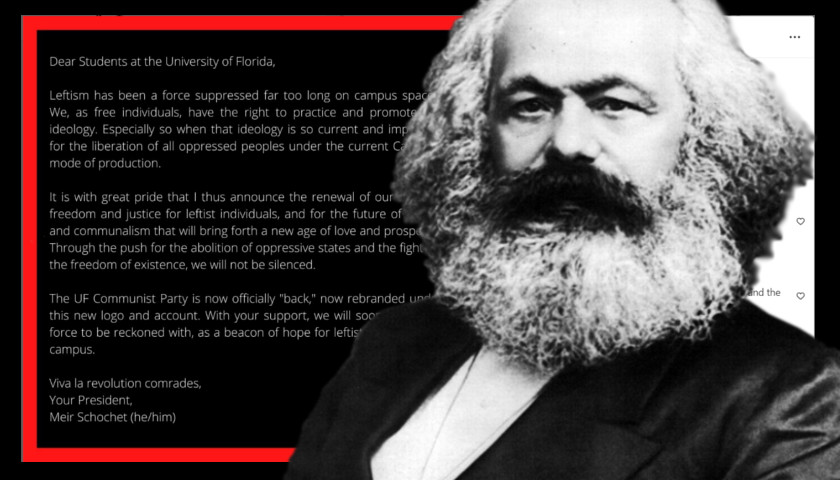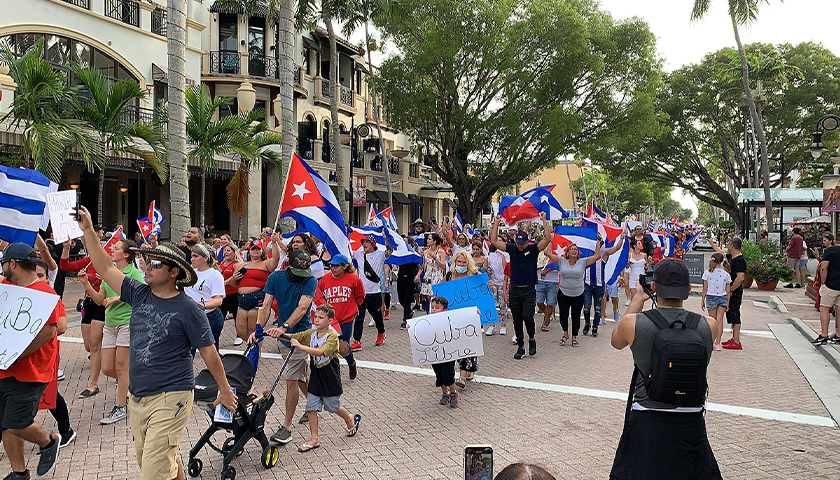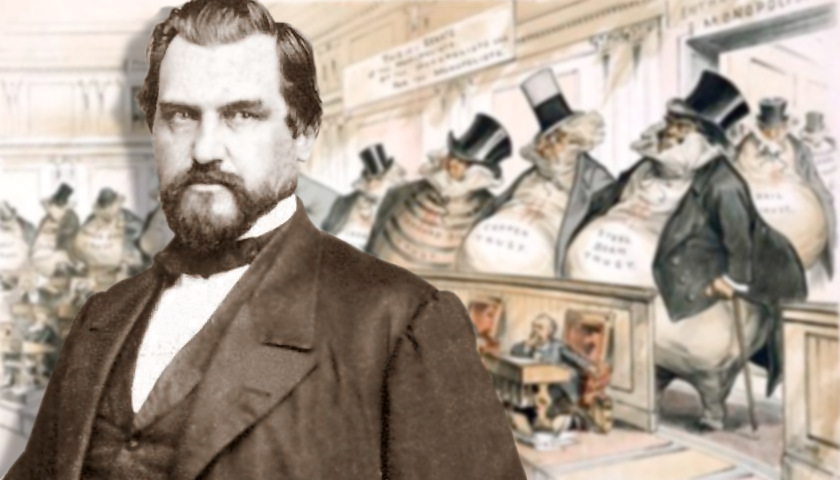Thousands of demonstrators in more than 40 cities and towns throughout Cuba have taken to the streets to protest 62 years of oppression. In a communist country that suppresses dissent, the recent wave of protests is the most significant grassroots stand against the dictatorship in more than three decades.
Since the end of the Cuban Revolution in 1959, the Cuban people have lived under the oppressive rule of the Castro dictatorship. Upon Raúl Castro’s recent retirement, his handpicked successor, Miguel Díaz-Canel seized control of the Communist Party, Cuba’s only legal political party, and the presidency, in an election that was neither competitive, free, nor fair.
As the communist regime attempts to deflect blame for the state of unrest, basic goods and services are in short supply. The fact is Cuba is suffering from a severe economic crisis. Food is scarce, the health care system is overwhelmed by the COVID-19 pandemic, and electricity outages are a regular occurrence.
Read the full story






